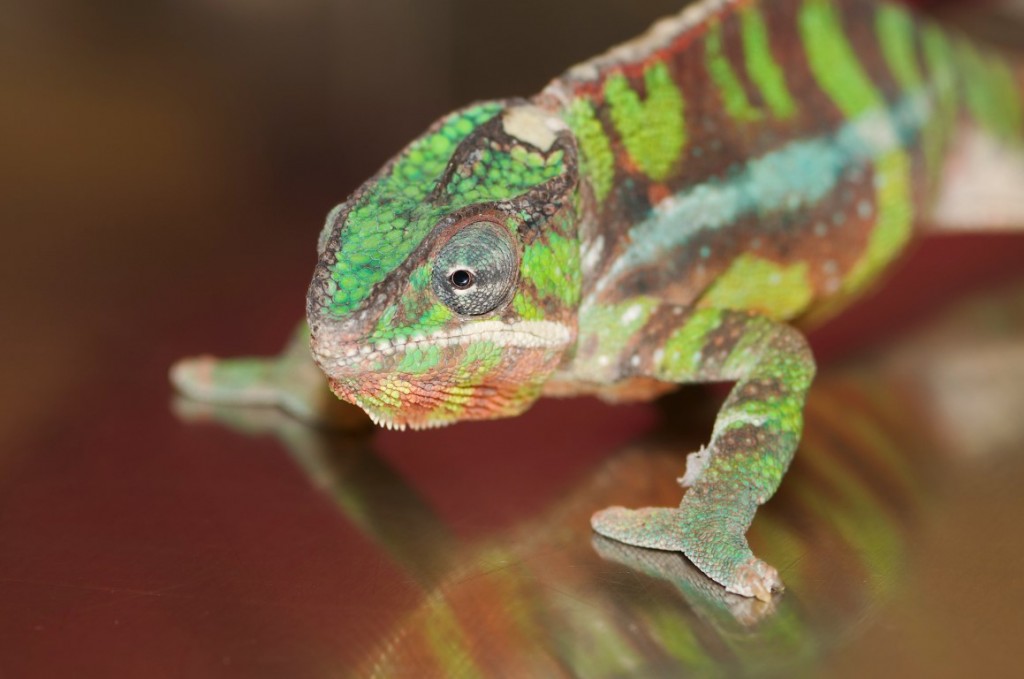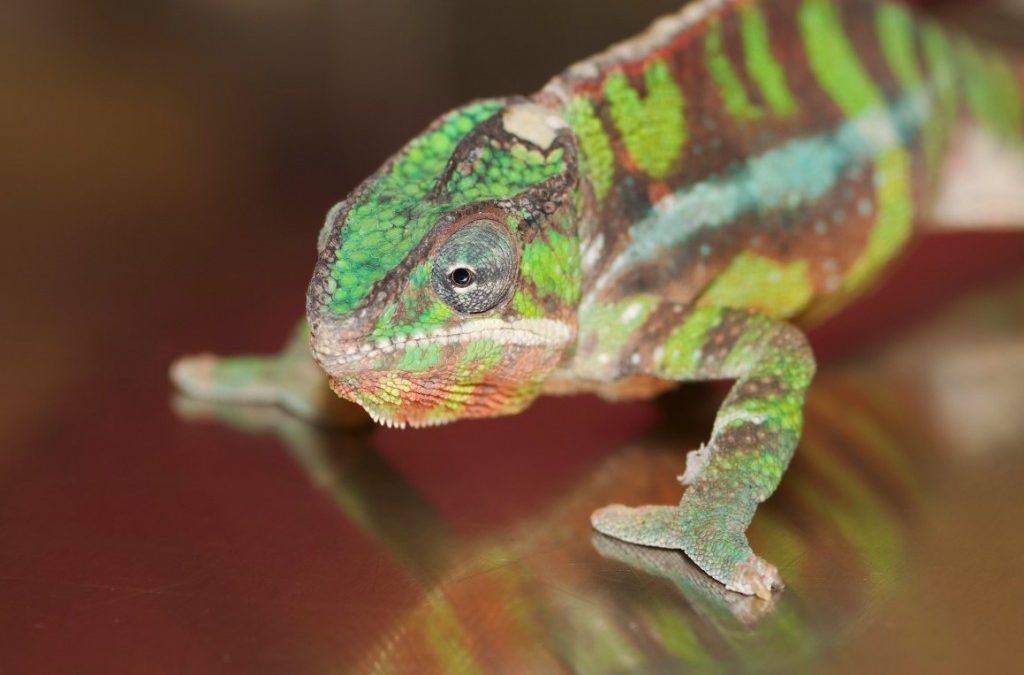
Taking Care of Exotic Pets During Winter
If you’re like the many Canadians who own exotic pets, you know that their needs are a little different than the traditional dog or cat. You’ll also know that your exotic pet needs certain conditions in order to be happy and healthy, and with an incoming Canadian winter approaching, you may be wondering if you need to adjust your pet’s environment to compensate for colder temperatures.
From Dewinton Vet, here’s our Canadian-certified guide to taking care of exotic pets during winter. Let’s get started!
Turn Up the Heat
Many bird and reptiles in particular need to be kept at an optimal temperature in order to remain healthy. Larger birds, like parrots, can handle temperatures as low as 10 degrees Celsius, however once the temperature goes below this, they may try to generate heat on their own by flapping their wings excessively, and could stop eating as well. This is a double edge sword, as pets burn extra calories to stay warm, so they need to eat.
Reptiles on the other hand are cold blooded; their body temperature is determined by their environment. Thus, if their enclosure is very cold, their body temperature will rapidly fall as well. This will impact their immune system, digestive and metabolism as well. This is because they will begin to go into a “hibernation” state in order to preserve heat and calories. If a reptile, or bird, stays in colder conditions for too long, they will be much more prone to illness.
Solution: Keep birds in well-lit areas that are of a comfortable temperature. Reptiles will rely on their heat lamps, however if more heat is needed wrap blankets around their cage/enclosure.
Keep Fresh Water Stocked
Pets in cold environments have increased metabolism rates to try to stay warm when their enclosure is cold. Because of this, they have an increased need for fresh water, or else they can become dehydrated quickly.
Providing fresh water to your exotic pet daily is key, and also try to monitor how much water they are drinking. Stressed out exotic pets may lose moister through their mouths as a result of increased panting. It’s important to remember that dehydrated pets quickly become sick pets.
Another thing to keep in mind is the humidity in the air. While it can be tempting to crank up the thermostat during colder days, added heat in the air will make your home drier, which can affect lizards especially. Grab a cheap humidifier and place it in the room with the exotics to ensure you don’t encounter this.
Solution: Keep fresh water bottles stocked at home for exotic pets (that isn’t cooled or kept in a fridge), and purchase a humidifier.
Keep Belly’s Full
Nervous birds and reptiles, much like people, have decreased appetites or might not eat at all. As mentioned, they also use more energy to try to stay warm. To counter this, offer your bird or exotic pet their favorite food or treat more often than normally to keep them eating and their calorie count high. If they still aren’t tempted to eat, they may need to be hand-fed or syringe-fed. It’s handy to have these formulas ready in case of this situation, so be sure to ask your vet for fresh stock during the winter in case you need them.
Solution: Ask your vet for advice on feeding your pet when they are either stressed or nervous. They will be able to recommend a number of different solutions for your exotic pet.


Recent Comments